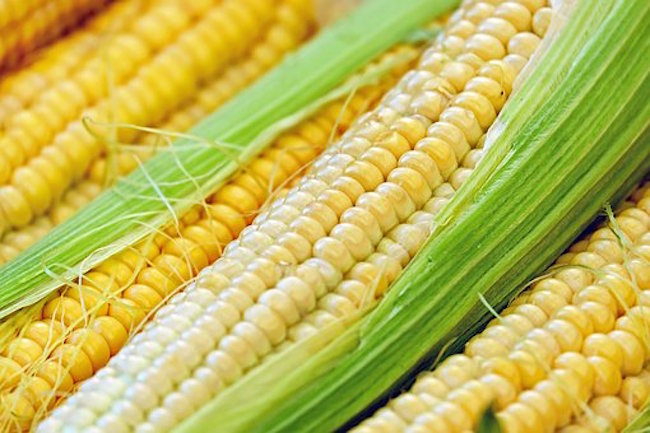Nutrients, antioxidants and more: 4 Reasons to eat more organic corn By Virgilio Marin for Pervention
Corn is one of the most widely known edible crops in the world. It grows on every continent except Antarctica and is used as an ingredient in more than 4,000 everyday grocery items. It is a healthy source of carbohydrates as it comes from the whole grain family. In its organic form, corn is gluten-free and a good alternative to other grains.
Adding organic corn to your diet offers a host of nutrients and benefits including lowering the risk of chronic diseases. Here are four reasons why you should eat more organic corn.
1. Corn is rich in nutrients
Corn has 10 times more vitamin A than other grains. This nutrient protects against cognitive decline, supports the immune system and helps form mucous membranes in the respiratory tract. Stronger membranes make better protective barriers to keep harmful microbes out of the bloodstream.
In addition, corn contains potassium and B vitamins like folate. Folate reduces the risk of certain birth defects such as spina bifida during pregnancy. Meanwhile, potassium helps improve blood pressure levels and heart function and also plays an important role in healthy musculature.
2. Corn is packed with antioxidants
Studies have shown that lutein and zeaxanthin, corn’s primary carotenoids, help reduce the risk of macular degeneration and cataracts. Experts also say that lutein can prevent atherosclerosis, or the formation of plaques on the arterial wall, that can be a precursor to cardiovascular disease.
Corn also contains quercetin. This antioxidant can reduce chronic and acute inflammation and protect against neurodegenerative conditions such as Alzheimer’s disease.
Other health benefits of corn include fighting oxidative stress, especially in blue and purple corn varieties.
3. Corn has whole-grain benefits
Because corn is a whole-grain plant, it provides similar benefits as those derived from quinoa, which lowers the risk of heart disease, stroke, cancer and Type 2 diabetes.
Moreover, whole grains like corn are full of starch which helps keep you fuller for longer. People looking to cut back on their weight will find corn helpful especially with its additional digestive benefits.
4. Corn aids in digestion
Corn contains insoluble fiber which neither gets broken down in the gut nor gets absorbed into the bloodstream. Instead, it stays in the gastrointestinal tract and adds bulk to stool. This helps prevent constipation. Moreover, studies suggest that insoluble fiber can lower the risk of hemorrhoids and even colon cancer.
Choosing the right corn
Corn offers numerous health benefits; however, many varieties in the market are genetically modified, or GMO. It is important to know that the corn you are adding to your diet is organic. Corn has more GMO varieties than any other plant species at about 140 types. Meanwhile, studies show that GMO foods like corn and soy can potentially trigger an allergic reaction or worse, increase the risk of cancer.
When shopping for corn, you will want to look for corn that has been certified organic by the Department of Agriculture. The Non-GMO Project also confers a seal on verified products that have less than 0.9 percent GMO ingredients. (Related: How to avoid GMOs.)
It’s also best to avoid corn derivatives such as high-fructose corn syrup and corn oil. Experts link these two products to increased body fat and elevated levels of inflammation.
Corn, with its many health perks, works best when eaten in its organic form. Add more organic corn to your diet, in its natural form, and benefit from its nutrients.




